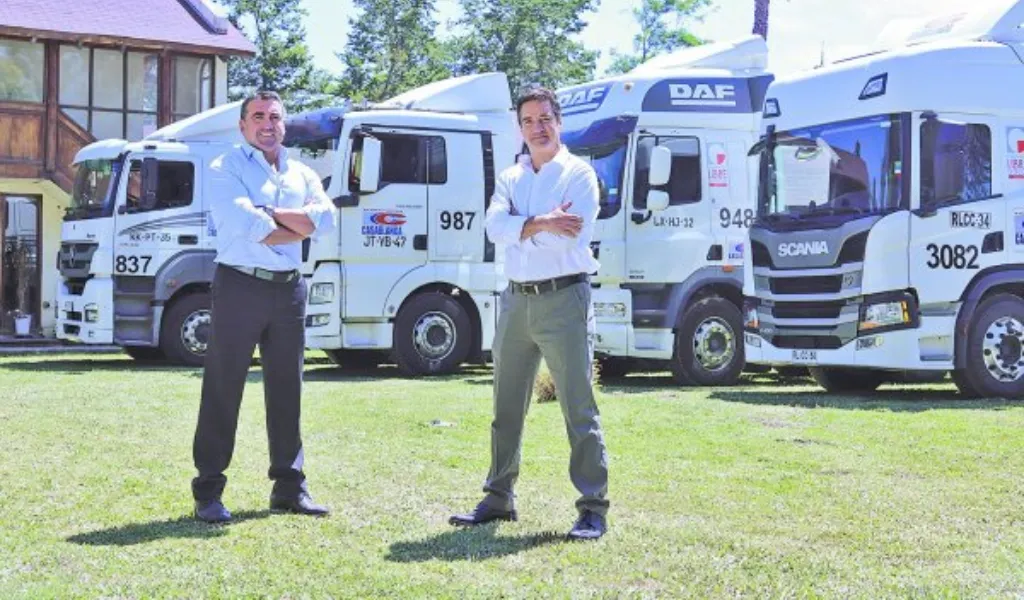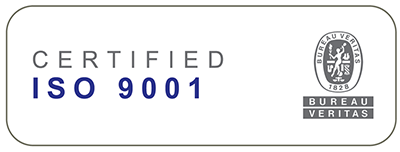Transporte Casablanca: Primera Empresa Certificada como Drug Free Workplace Renueva su Certificación en Julio de 2024


De la mano de Global Partners, Transportes Casablanca ha logrado nuevamente la certificación Drug Free Workplace, un sistema de gestión que acredita que la empresa mantiene y fortalece sus altos estándares en la prevención del consumo de alcohol y drogas entre sus trabajadores y contratistas. Esta recertificación, obtenida en julio de 2024, consolida a la compañía como un referente en seguridad y bienestar laboral dentro del sector logístico y de transporte.
Compromiso con un ambiente laboral seguro
“El consumo de cualquier tipo de droga o estupefaciente, así como el abuso del alcohol, representa una amenaza significativa para la seguridad y salud de nuestros colaboradores, debido a las conductas de riesgo que pueden generar en el entorno laboral, social y familiar”, señala Guillermo Doering, gerente general de Transportes Casablanca, una de las principales compañías de transporte y operador logístico del país, con más de 900 empleados.
Doering destaca que esta recertificación refuerza la política de prevención de la empresa: “Nuestro objetivo es minimizar estos riesgos y garantizar un ambiente de trabajo seguro y saludable para todos, sin distinción de cargo o función”, enfatiza.
Un estándar de clase mundial
Esta certificación forma parte de la implementación del programa Drug Free Workplace, el cual Patricio Labatut, gerente general de Global Partners, describe como el ‘gold standard’ en países desarrollados. “Es el primer programa en su tipo acreditado por la Drug and Alcohol Testing Industry Association de Estados Unidos, adaptado a Chile con estándares de funcionalidad, completitud y efectividad únicos en el país”, explica Labatut.
Para Transportes Casablanca, esta certificación es clave en su estrategia de seguridad, ya que la empresa opera a nivel nacional y recorre más de 50 millones de kilómetros al año, lo que genera una alta exposición a accidentes de tránsito.
El proceso de certificación y sus beneficios
Obtener y mantener esta certificación implica un riguroso proceso similar al de una norma ISO. Transportes Casablanca ha demostrado que posee un programa activo de prevención del consumo de alcohol y drogas, con procedimientos claramente definidos, estrategias de prevención y protocolos de testeo obligatorio.
“La participación activa de nuestros colaboradores fue fundamental en la implementación del programa. Gracias a una política de puertas abiertas y diálogo constante con los sindicatos, logramos reducir la resistencia al cambio”, explica Doering.
La compañía ya contaba con certificaciones como ISO 9001, ISO 14001, ISO 45001, el Sistema de Homologación para el Transporte Carretero de ASIQUIM y el Programa de Seguridad y Salud Ocupacional del Instituto de Seguridad del Trabajo. “La certificación Drug Free Workplace refuerza nuestros controles operacionales y, en última instancia, mejora la calidad del servicio que brindamos a nuestros clientes”, añade Doering.
Impacto y resultados esperados
La implementación del programa Drug Free Workplace trae múltiples beneficios. Estudios demuestran que las empresas que lo adoptan reducen significativamente el consumo de drogas y alcohol, la accidentabilidad, el ausentismo y la rotación de personal, aumentando al mismo tiempo la productividad. “Se estima que por cada dólar invertido en este tipo de programas, las empresas obtienen un retorno de US$6 en productividad y reducción de costos”, señala Labatut.
Los datos respaldan la efectividad del programa: en empresas que no han tomado medidas al respecto, la tasa de consumo de drogas alcanza el 20,4%; aquellas que realizan controles esporádicos la reducen al 6,1%; mientras que las compañías certificadas bajo el Drug Free Workplace registran solo un 2,7%.
Un referente en la industria
Con esta recertificación, Transportes Casablanca reafirma su liderazgo en la industria del transporte y su compromiso con la seguridad laboral. Doering concluye: “Esta certificación no solo nos diferencia en el mercado, sino que nos alinea con las mejores prácticas globales. Seguiremos trabajando para fortalecer nuestra cultura de prevención, garantizando un entorno seguro y libre de drogas para todos nuestros colaboradores y contratistas, y asegurando la continuidad y calidad de nuestras operaciones”.

© 2022 GLOBAL PARTNERS All rights reserved.
This site is protected by reCAPTCHA and Google.
Se aplican la política de privacidad y los términos de servicio.
Developed by Group QS
